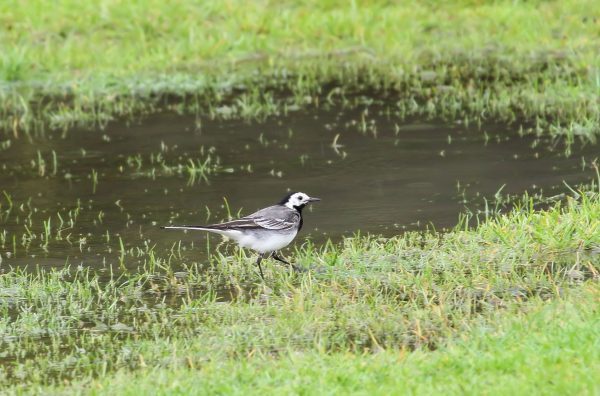
I have been keeping an eye out for the Pied Wagtail Motacilla alba yarelli, since I first noticed the roosting flock a few years ago At the time I confess to smirking. You see the designers of the steel and glass symphony that is London Heathrow Airport’s Terminal 5, included a few trees to welcome visitors to our “green and pleasant land”, but at the same time, wanted to avoid the kind of window smudges that come from providing habitat for birds.
So they planted, wait for it… “bird-proof trees.” If anyone levelled the complaint against me that I write this in a mocking tone, I would hold up my hands, then point and laugh.
The Pied Wagtail is the British form of the White Wagtail and used to roost on the site before the airport terminal was built. Their collective memory drew them back and they found overnight space on the wires of cranes and scaffolding during construction and later found the trees that had been so carefully selected for their bird-unfriendliness. It was most amusing to see them, in their thousands, defying the designers and covering the area in little, white victory dots.
But this year I feared that the designers might have got their own back. The bird-proofing consists of shaping the tree through specialised pruning to encourage upwards, not outwards growth. This makes for vertical branches which are uncomfortable to roost on. In spring of this year, the trees were brutally pruned, leaving none of the thin whippy branches that the tiny-toed wagtails like. Could this be the end for the terminal 5 wagtails?
During the warmer months, the wagtails break up into small flocks and roost out in the surrounding area. They only congregate in larger flocks as the nights draw in and the cold starts to bite. Typically from October through to March there are birds in the roost at T5, but as the summer progressed, I was worried that the trees would not recover enough shoots to cater for the roosting needs of 3000+ birds.
September came and went with no birds. In October, I found myself passing through the airport at dusk and a handful of wagtails were strutting around the carpark, but not dropping into the trees as they normally would. At last, on a cold December morning, our plane landed before dawn and I passed the trees before the wagtails had started moving from their roost. The trees were full! Where they had previously only used half of the trees, the ones at the northern end, now with space reduced, they had to use all of them.
Their individual weights may be tiny, but combined, it was enough to cause the springy branches to droop and make a much more comfortable roosting place.
Hurray, Wagtails 3000 – Heathrow Designers 0.
OK, so I have had my fun at the expense of the airport authorities. I suspect that somewhere in the heartless, beaurocratic, profit-driven business that is air travel, there is a rebellious soul that also watches over the wagtails. Someone who pruned the trees in early spring, knowing that the new growth would provide springy shoots that the wagtails could grip. Maybe it was the same person that hung large, inert decorations from the lowest branches this Christmas, instead of festooning the upper reaches with flashing lights as had been the case in previous years. Hopefully, I will meet this person one day and with his or her help, the wagtails will always have somewhere to roost.
If you find yourself with a few minutes to spare, register with the BBC and listen to their “Tweet of the Day”. This is an unexpectedly popular slice of BBC Radio 4 which features birdsong for a few moments each day. Enjoy.








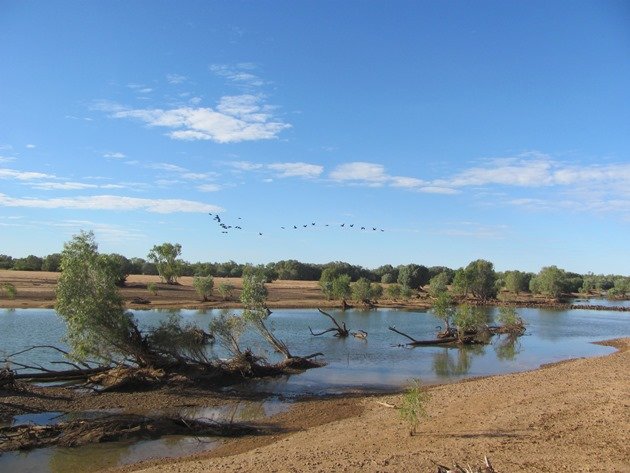

 New writers welcome – please contact us for details.
New writers welcome – please contact us for details.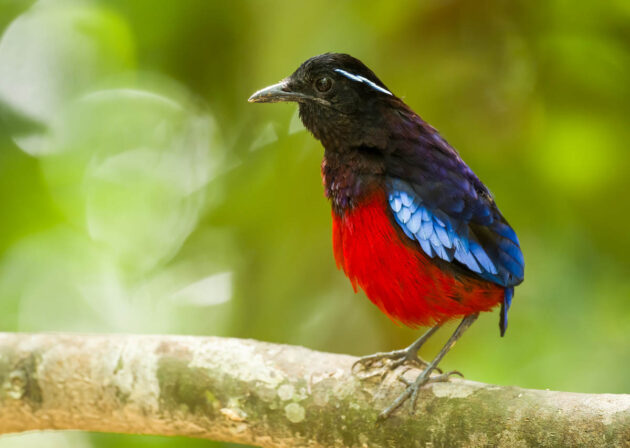
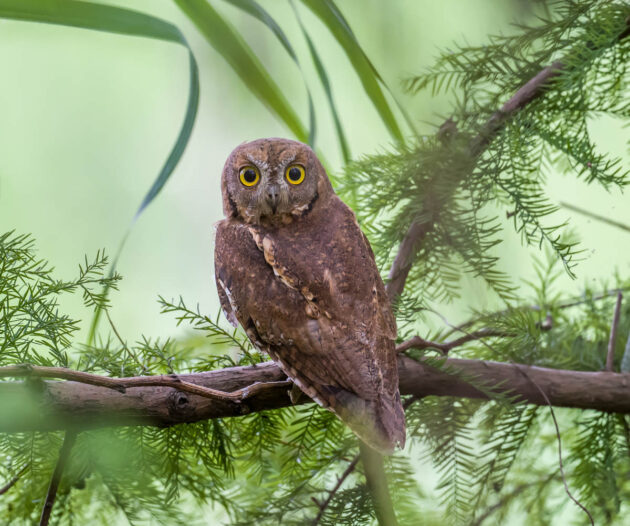
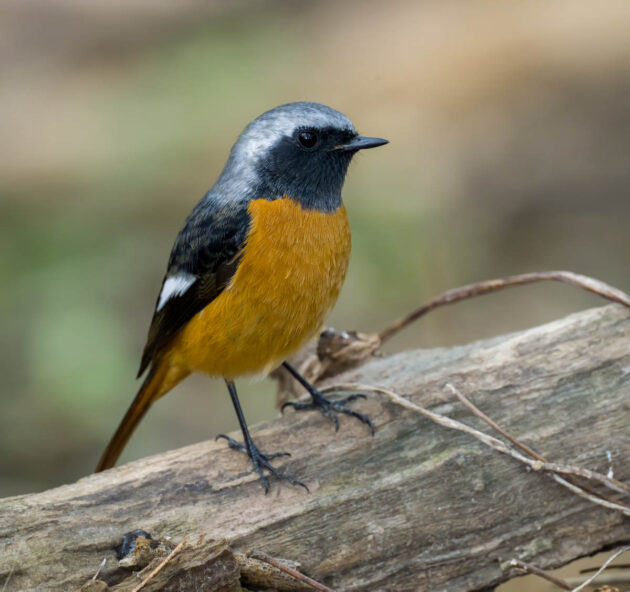
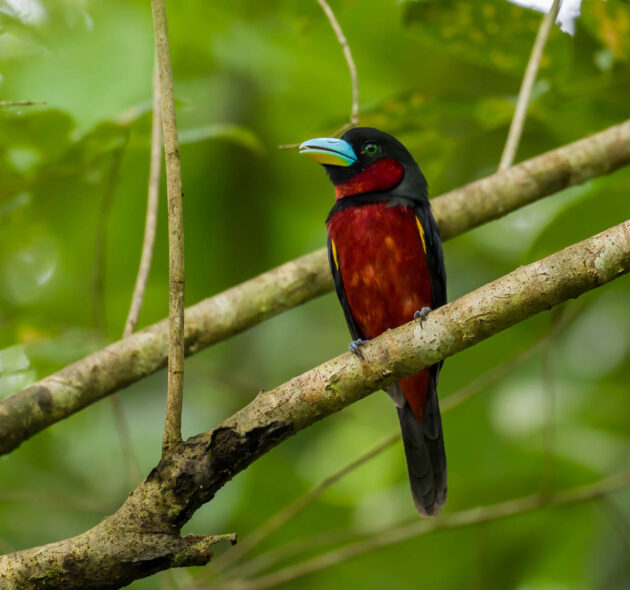
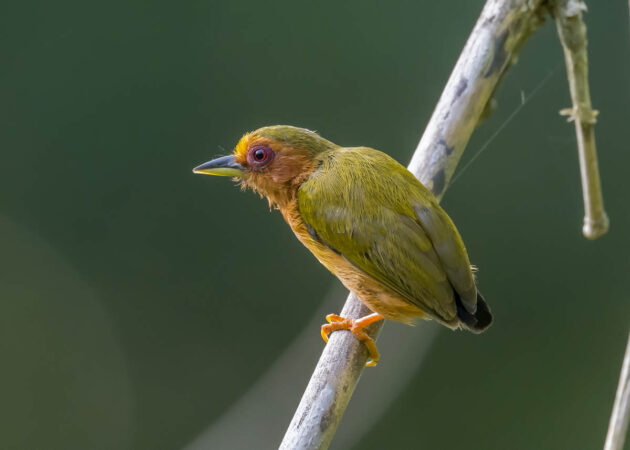
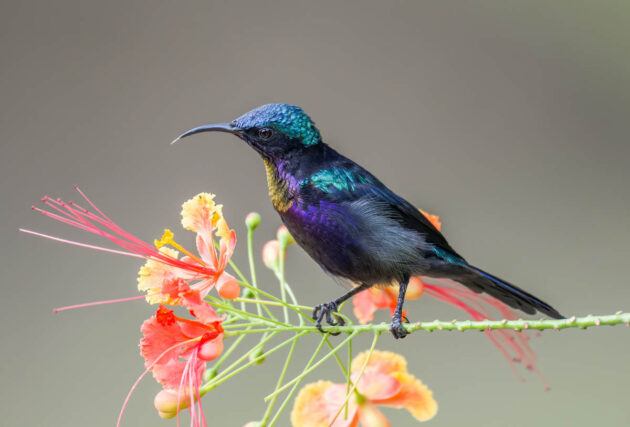
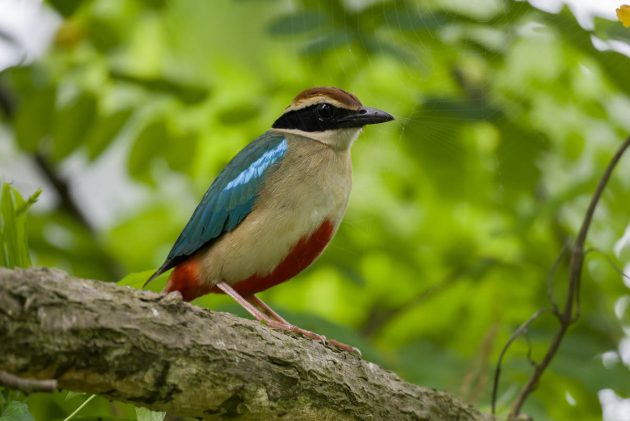
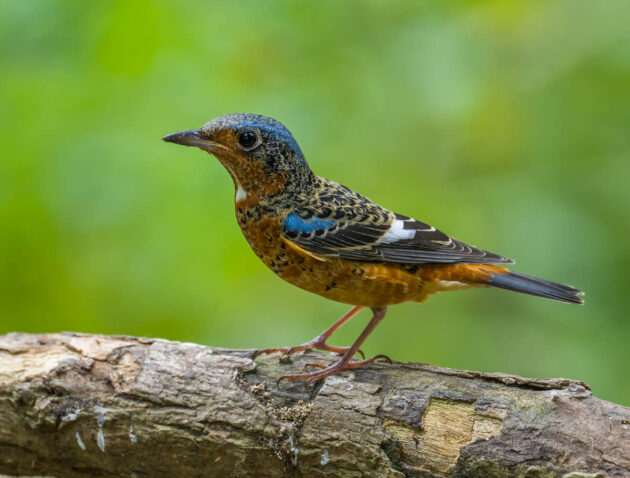
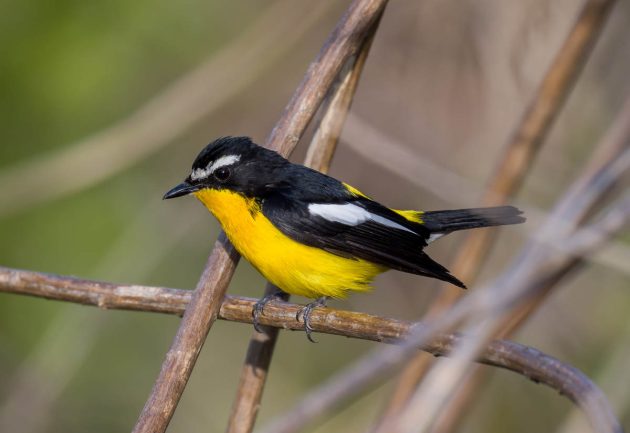
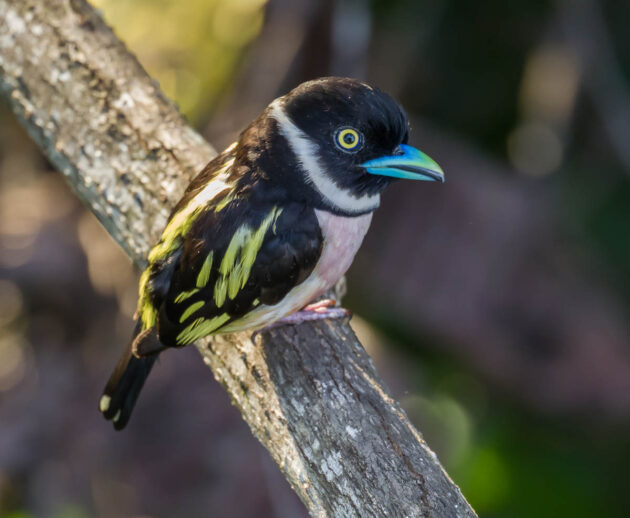
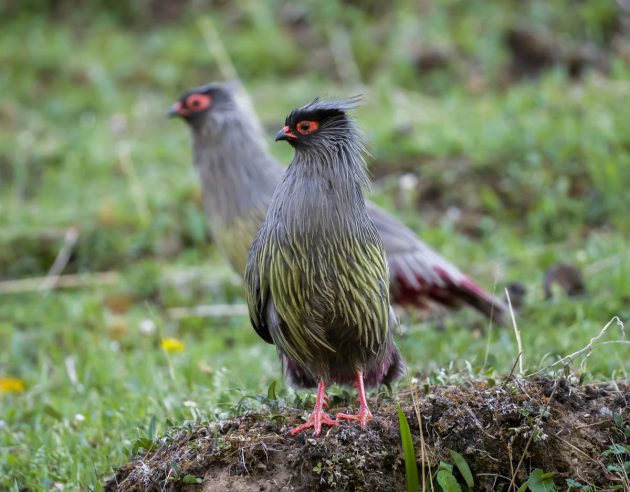
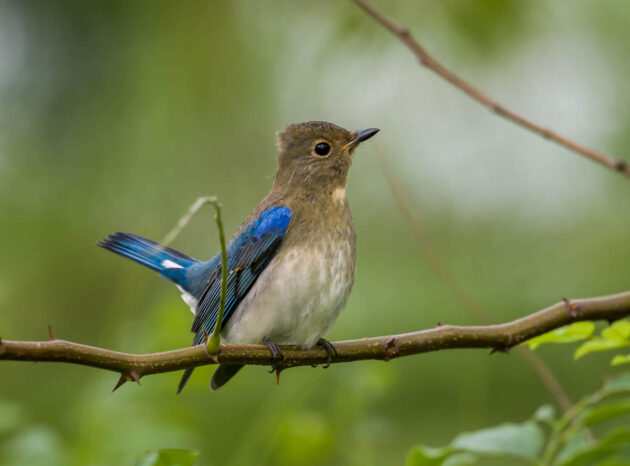
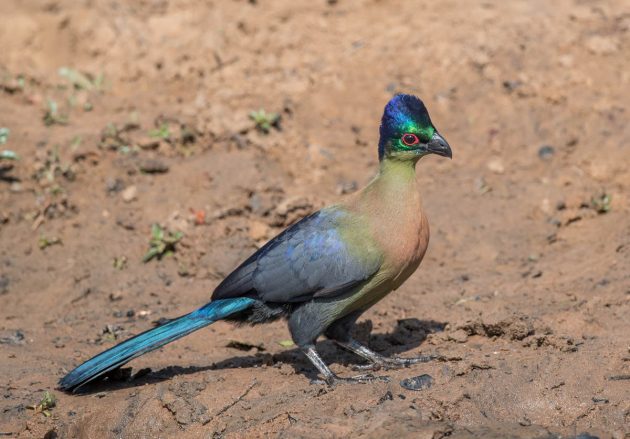
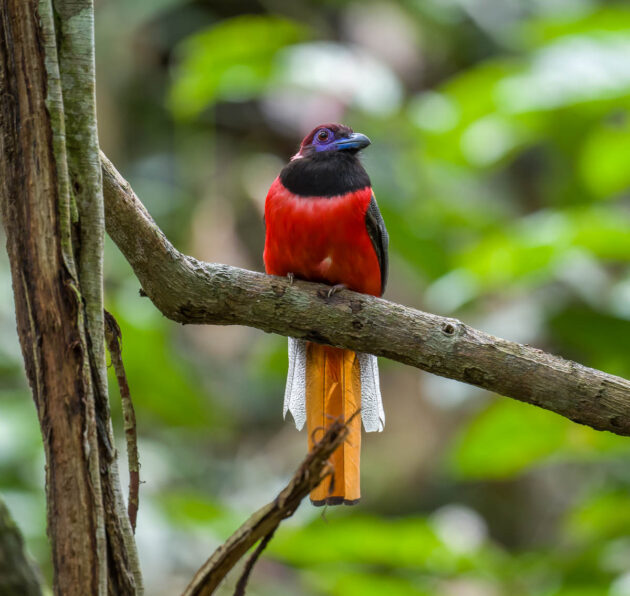
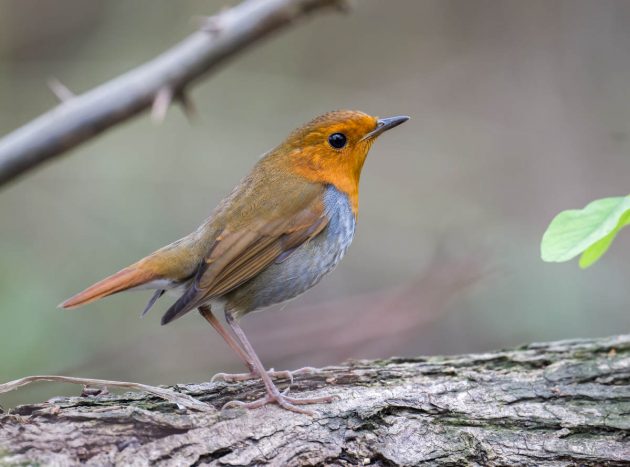
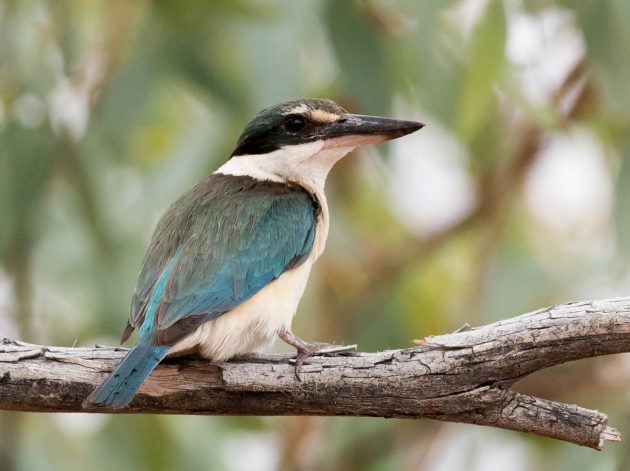
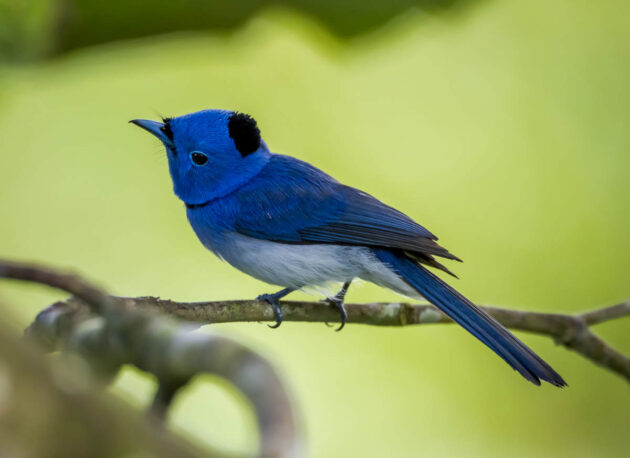
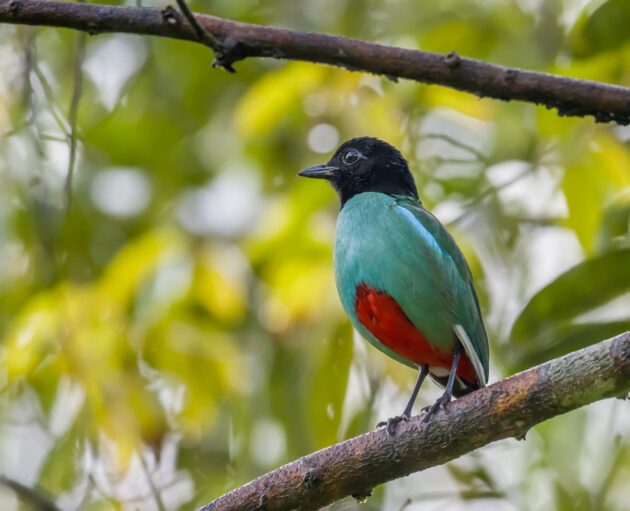
Many thanks Redgannet for solving my question as to what the pretty little birds that were roosting at LHR Terminal 5 around 6pm tonight were. I could hear them as I waited for the lift and from Level 1 saw many of them in each tree. What a pleasure to hear wildlife in that concrete and glass jungle.
Thanks for this story. I googled “Little birds in Terminal 5” to find it. They are also at JFK T5. Yesterday at Heathrow T5 I saw the wagtails dipping in and out of the support struts of the upper building. Then to my joy one was at our feet, inside the terminal, looking for crumbs. Fearless. The authorities should embrace them. Imagine if the airport was rewilded, with grass roofs and habitat for birds, instead of making them an enemy.